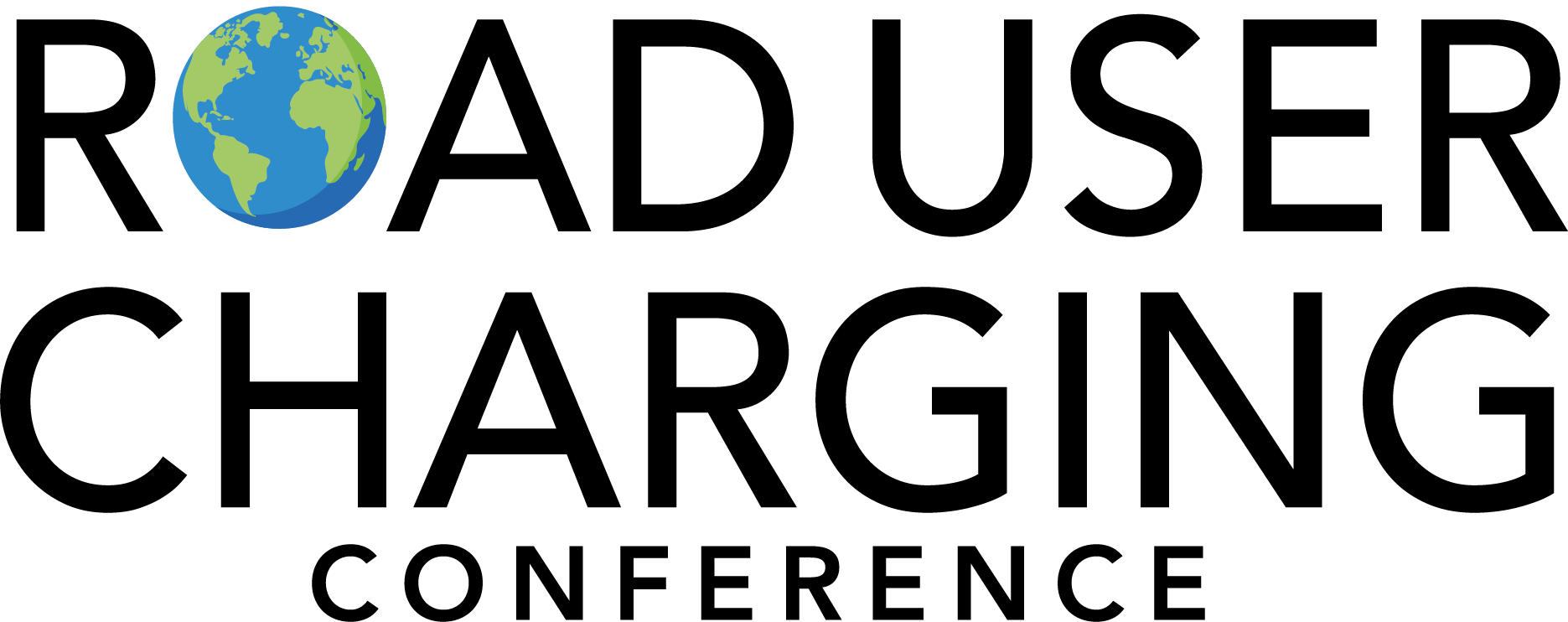Road Pricing Summit 2025: Meet the speaker – Carmen Martorana, International Fuel Tax Association Inc.
)
Taking place on 18-19 September at the Hyatt Regency Miami in Downtown Miami, Florida, the summit will unite senior public- and private-sector stakeholders to address one of the most urgent transportation finance challenges in North America: how to replace declining gas tax revenues with sustainable road funding and infrastructure solutions.
The two-day conference will convene policymakers, industry leaders and innovators to share best practice in the planning, financing, implementation and operation of tolling, road usage charging (RUC) and mobility pricing schemes across highways, urban roads and cross-border corridors.
Among the confirmed speakers is Carmen Martorana, CEO at the International Fuel Tax Association Inc. (IFTA). Martorana leads the administration of the International Fuel Tax Agreement – a cooperative effort among the 48 contiguous U.S. states and 10 Canadian provinces.
Under his leadership, IFTA, Inc. manages the Agreement and oversees the IFTA Clearinghouse, which facilitates the collection and distribution of net fuel taxes among participating jurisdictions.
Before joining IFTA, Inc., Martorana served for more than 30 years with the New York State Department of Taxation and Finance, where he held various roles in tax administration.
At this year’s Road Pricing Summit, Martorana will form part of a three person panel delving into the tax policy perspective of road usage charging.
The discussion will explore how road usage can align with the user-pays principle, if mileage fees or user fees are more effective and how this can ensure equity and efficiency.
Name: Carmen Martorana
Job Title: CEO
Organisation: International Fuel Tax Association Inc.
What is the most rewarding aspect of your role?
The best part of my job is having a role in maintaining this unique collaboration between jurisdictions despite different political, environmental, cultural, and demographic differences between the various states and provinces. Working with all these different jurisdictions to address the evolving issues related to the need to change the way in which we source revenue for infrastructure continues to be challenging and rewarding at the same time.
What is the most pressing challenge for user-financed transportation in 2025?
Educating the public on how infrastructure is currently paid for and maintaining a uniform approach to changes in the methodology for sourcing of revenue between states and provinces.
What is your best piece of advice for those implementing user-financed transport schemes?
Learn from the various pilot programs conducted by some jurisdictions and understand the importance of educating the general public. Also, do not implement a short-term solution because it appears easy (flat registration fee) and instead focus on a long-term solution which maintains the fundamental principle of a use tax.
Does legislation support or hinder innovation in this sector?
It supports it for sure. Federal and state regulatory and monetary incentives, at some level, will help move advancement toward a sustainable future.
How will user-financed transport schemes evolve by 2030?
It will look much different. Eventually the only thing that makes sense is a replacement of the fuel taxes with a tax per mile. The industry will change and embrace new technology to capture the information needed to process the tax. The customer base will exponentially increase from taxing a few hundred distributors to taxing individual drivers.
Why are you looking forward to speaking at the Road Pricing Summit?
Looking forward to exchanging ideas, information, and collaborating with industry stakeholders on the issues related to sustainability of the sourcing of revenue for infrastructure from both the federal and state level.



